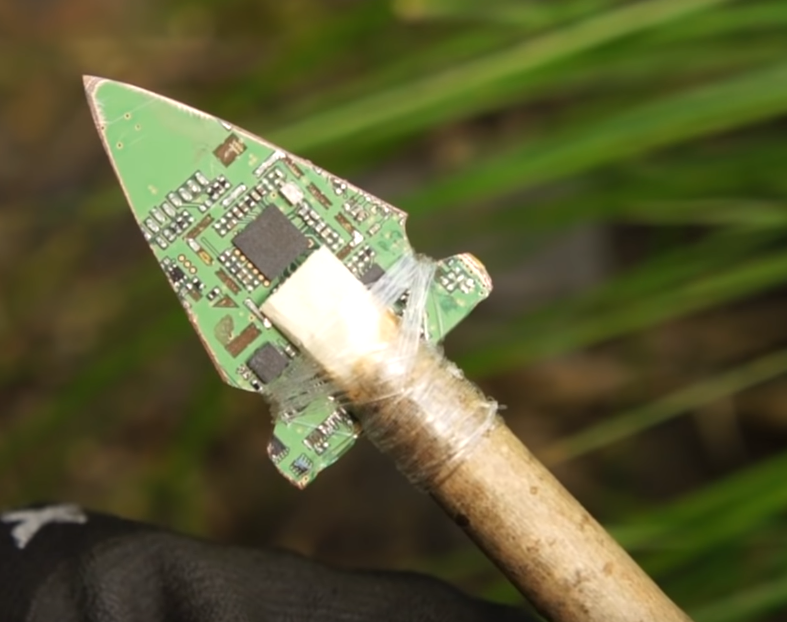Hey all,
So I’m looking to take an active step here to understand better some things that my straight/white/cis/middle-aged male brain has had a tough time wrapping itself around, particularly in the gender identity front.
I’m working from the understanding of physical sex as the bio-bits and the expressed identity as being separate things, so that part is easy enough.
What’s confusing to me though is like this. If we take gender as being an expression of your persona, a set of traits that define one as male, female, or some combination of both then what function does a title/pronoun serve? To assume that some things are masculine or feminine traits seems to put unneeded rigidity to things.
We’ve had men or women who enjoy things traditionally associated with the other gender for as long as there have been people I expect. If that’s the case then what purpose does the need for a gender title serve?
I’ll admit personally questioning some things like fairness in cis/trans integrated sports, but that’s outside what I’m asking here. Some things like bathroom laws are just society needing to get over itself in thinking our personal parts are all that special.
Certainly not trying to stir up any fights, just trying to get some input from people that have a different life experience than myself. Is it really as simple as a preferred title?
Edit: Just wanted to take a second to thank all the people here who took the time to write some truly extensive thoughts and explanations, even getting into some full on citation-laden studies into neurology that’ll give me plenty to digest. You all have shown a great deal of patience with me updating some thinking from the bio/social teachings of 20+ years back. 🙂


A few thoughts on subjects that haven’t been touched on a ton or framing which might help you understand some of the points you’ve brought up:
A lot of that does help, at least as a reminder in some cases of the mutability of things between different people. For myself (and plenty of others I’d guess) the fixation on binary association helps serve as a reference point if nothing else. Trying to describe something without some kind of anchor to relate it to, kind of has the feel of untethered ambiguity.